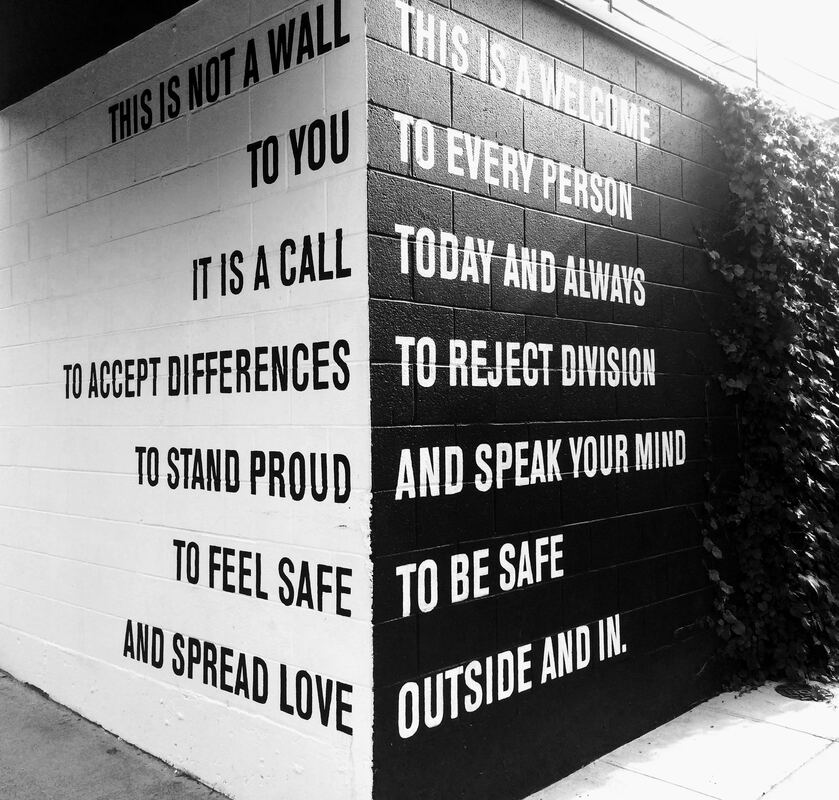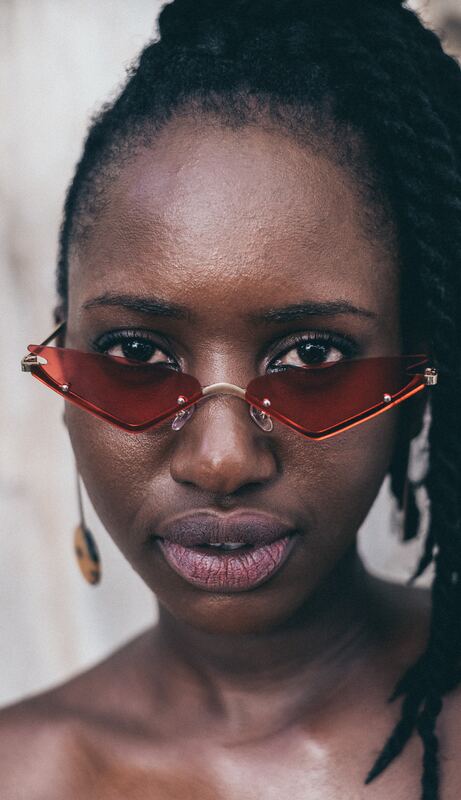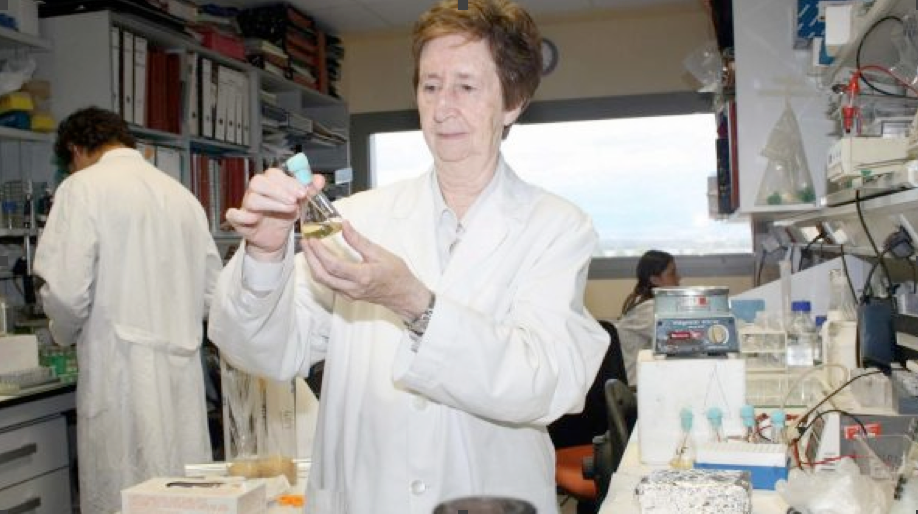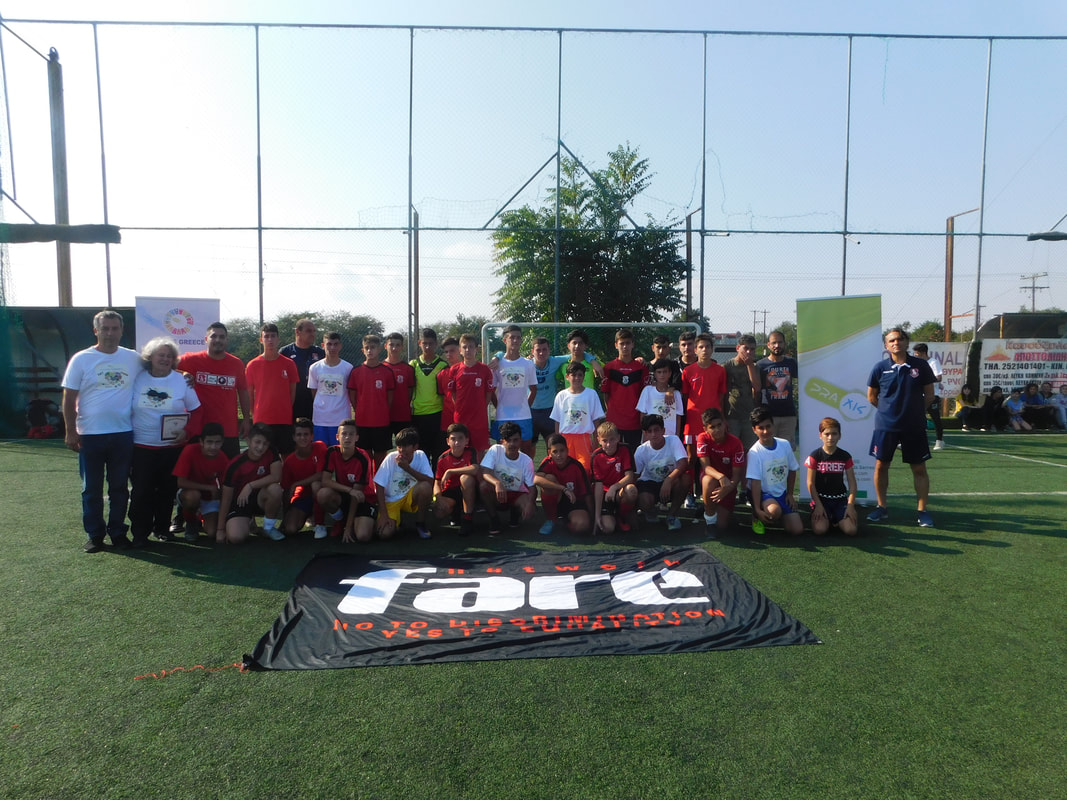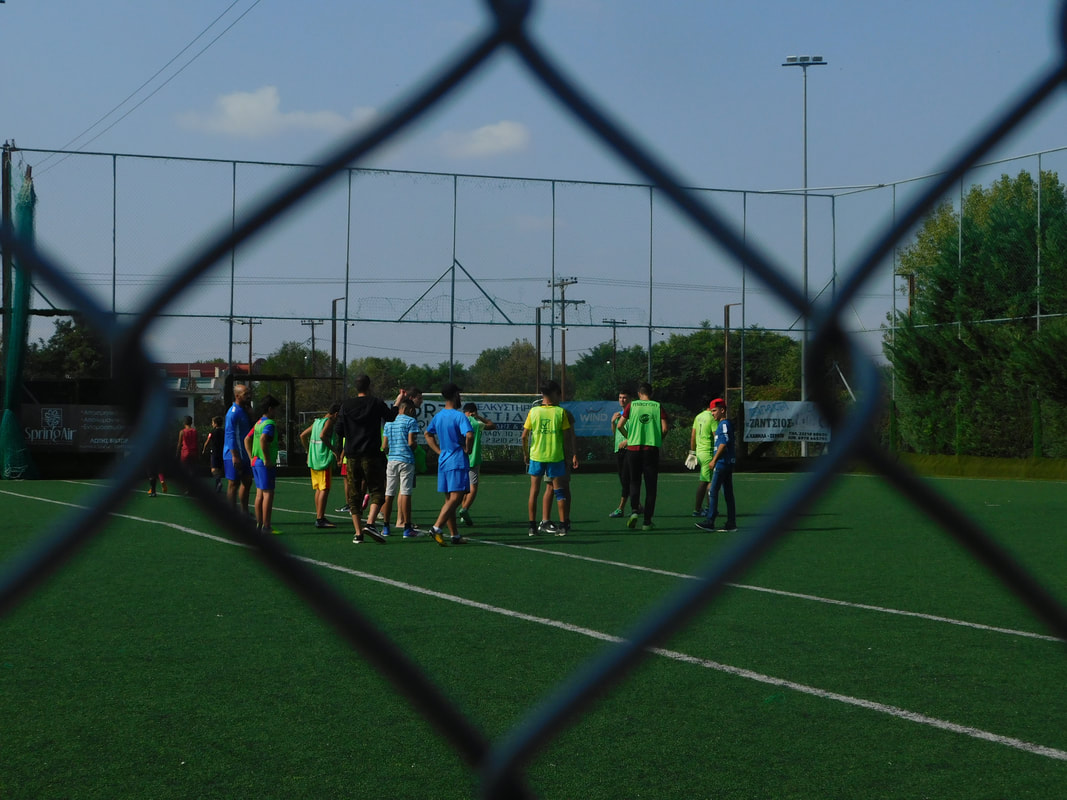Back in the past, the idea of the Internet started with optimism – massive networking all over the globe that brings people together and offers more opportunities for understanding as ever before (imagine all the information and knowledge available in seconds). Yet, these same technologies are now used as a platform for ethnic, cultural and religious intolerance. We can say whatever we want, whenever, anonymously, without any repercussions – making it easier to promote extremist worldviews or to hurt others. With the development of technology, new modes of intolerance have emerged, such as cyberbullying.
Therefore, we cannot forget that tolerance is a virtue, it is our moral duty as human beings to respect and accept other human beings, and since this has not always been the case, now countries have legal obligations to ensure that tolerance is maintained. Just as we want to feel respected, heard and understood, every other person has the same needs. We all have our worries, desires and needs because we are human beings. The most important thing we can do as humans is to employ our consciousness to question things. Not only question things that others say or do, but also question ourselves and the beliefs we hold as true. When we don’t question the information we receive and blindly follow it, we are like unconscious machines with no autonomy. Why would we want that as humans – as creatures that have this amazing thing called consciousness.
What is more, people are complex beings (no surprise here), and we are surely more than our religious beliefs, or our sexuality, or our strongly held ideologies. We are all little worlds full of different memories, experiences and history. So, why do we sometimes let a small but loud part of ourselves define us? Why do we feel the need to grasp to these beliefs so strongly and build all our identity around it? There is no need to limit our identity to a mere conflict – an opposition giving us meaning through the existence of “the other.” If our beliefs are so feeble that the simple fact of someone else having a different belief or opinion could threaten ours, then it is not a problem of them, but us. Everything starts with us. We cannot control anything else but our own belief and value systems. What we can do is have a positive influence on others, share the affection, love and acceptance, and we might just impact another soul as much as to start doing it too. That is the kind of chain reaction I would like to see happen in the world.
The thing is, I am this way because I could not be any other way, and as soon as people realize that no one asked for their (negative) opinion on how an autonomous person should look like, and instead tried to see positive aspects of another human, the world would be a better place. There is this assumption that since an individual chose to wear certain clothes, get tattoos or piercings, they are obliged to deal with the unwanted attention because they draw it like moths to a flame. I beg to differ; I believe everyone can and should be however they wish and no one else is entitled to make them feel bad about it. Don’t even get me started on the things that people cannot change about themselves. Live and let live. Accept others and accept yourself too.
What helps with compassion, acceptance and tolerance? Global education, living or studying abroad, taking part of Erasmus projects, volunteering, opening contact with minorities and with people who might be in a worse situation than us. If that’s not possible as of this moment, reading about different people’s stories helps a lot. Immersing oneself in literature and putting oneself in someone else’s shoes has proven to be a good way to understand what others are going through, and that they are the exact same souls with fears, desires and needs not unlike our own.
And if that is too time-consuming, start with YouTube, with movies, take these 20 minutes or two hours, and see what you can learn about someone else’s story. Because without others there would not be us, simple as that. Say thank you to someone, or write that generous message you wanted to send, or give a hug to your loved ones; show gratitude and a little more compassion every day. A little more compassion. That is all we ask.
By Jaanika Malla
